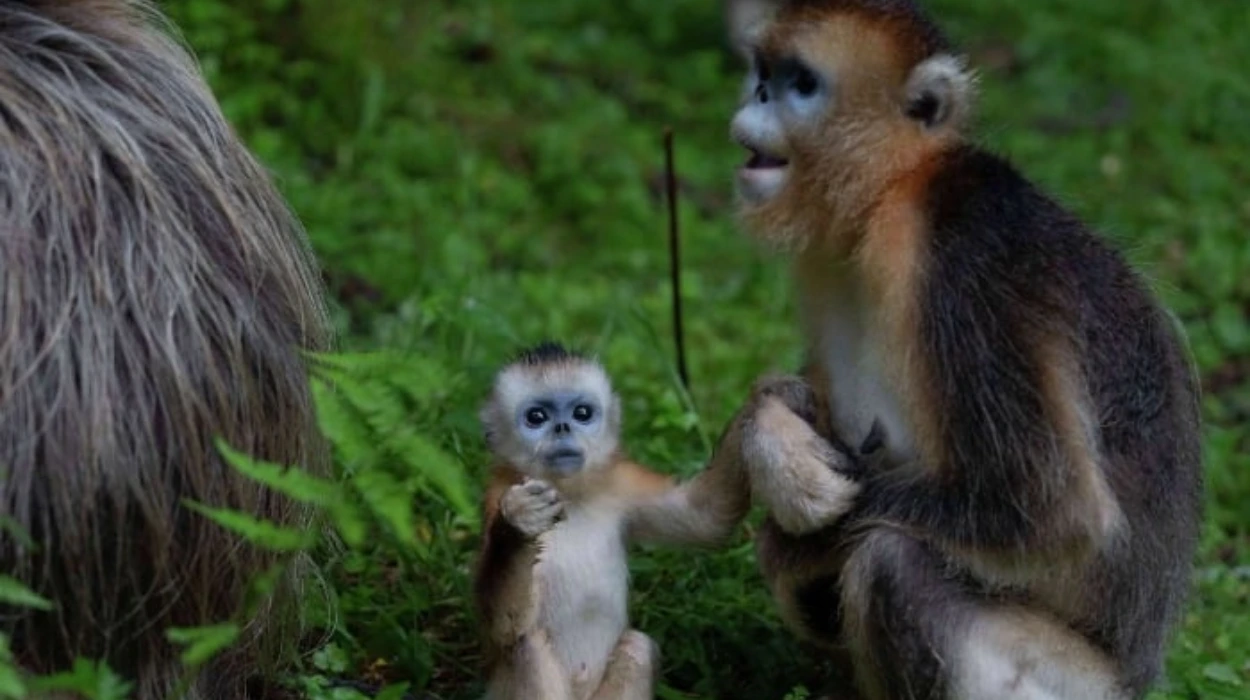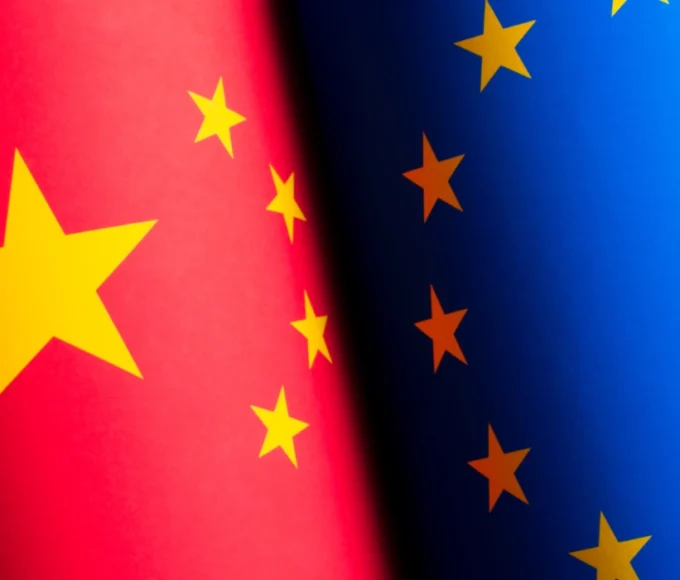In an unprecedented diplomatic and conservation effort, China has loaned its rare golden snub-nosed monkeys to prestigious European zoos in France and Belgium. This marks the first time these endangered primates, native exclusively to central China, have been exhibited outside Asia. Mirroring the long-standing “panda diplomacy,” these golden monkeys initiate a fresh chapter of scientific collaboration, cultural exchange, and wildlife conservation that aligns with China’s efforts to enhance international relations through ecological diplomacy.
The Arrival and Diplomatic Significance
Historic Loan to Europe
In April 2025, a trio of golden monkeys arrived at France’s Beauval Zoo in Saint-Aignan, followed by another trio reaching Belgium’s Pairi Daiza Zoo in May. These transfers celebrate the 60th anniversaries of China’s diplomatic ties with France and Belgium respectively and are coordinated by the China Wildlife Conservation Association, the same body managing China’s official panda loans.
The monkeys’ arrival was met with enthusiastic public celebrations, including the distribution of combined Chinese and Belgian flags at the Belgian zoo, symbolizing friendship and cultural solidarity.
Enclosures Reflecting Chinese Heritage
Both zoos have constructed habitats that evoke traditional Chinese architecture, with elements such as red pillars and gray-tiled roofs. At Pairi Daiza, the monkeys named Liu Yun, Lu Lu, and Juan Juan are frequently seen navigating rope ladders, jumping across logs, and playfully exploring these culturally inspired settings, providing unique educational and aesthetic encounters for visitors.
Unique Traits and Conservation Status
Distinctive Appearance and Habitat
Golden snub-nosed monkeys are easily identified by their thick, shaggy orange fur, pale blue faces, and uniquely upturned noses. Endemic to the frigid mountainous forests of central and southwestern China (including Shaanxi, Gansu, and Hubei provinces), they thrive in cold environments with dense foliage providing crucial shelter.
Conservation Successes and Challenges
Once critically endangered, the species has benefited from conservation efforts since the 1980s, primarily centered around natural reserves such as the Qinling Mountains. The population has tripled to approximately 1,600 monkeys today, a testament to effective habitat protection and scientific programs.
Nonetheless, the species remains under top-level state protection, listed as endangered due to habitat fragmentation and human encroachment threats. Their global representation through these loans serves dual roles in awareness and conservation breeding programs.
Panda Diplomacy’s Successor
Scientific Collaboration and Cultural Exchange
This golden monkey loan embodies a strategic extension of China’s renowned panda diplomacy model, which began in the 1970s and evolved into long-term loans with scientific and conservation goals. Both zoos are in discussions with Chinese authorities to establish joint research programs aimed at protecting these primates, sharing knowledge that benefits global biodiversity efforts.
Public and Expert Reactions
While the public reception has been overwhelmingly positive, some experts raise concerns about the welfare of animal ambassadors subjected to long-distance relocation stress. Environmental bioethics researchers underscore the importance of prioritizing animal health beyond geopolitical symbolism, advocating for scientifically informed care throughout transfer and residency.
Challenges and Ethical Considerations
Animal Welfare vs. Diplomatic Objectives
Though species conservation benefits from these international loans, the individual animals’ wellbeing during transport and their offspring’s return policies raise ethical questions. Experts note that physical and psychological stress from long-distance travel and enforced relocations may counterbalance diplomatic gains if not carefully managed.
Future Prospects for Recognition
China’s golden snub-nosed monkeys are not yet as globally recognized as pandas, yet stakeholders see potential for rising prominence through this innovative diplomatic showcase. Their introduction to European audiences could catalyze broader awareness and support for cold-region primate conservation.
The arrival of China’s golden snub-nosed monkeys to European zoos signifies not merely an animal exchange but a profound intersection of diplomacy, conservation science, and cultural outreach. As these charismatic primates leap across roofs and ropes in their new homes, they carry the hopes of fostering ecological awareness, international friendship, and enhanced protection for endangered species worldwide.
The golden monkeys now stand as promising successors to the iconic pandas, symbolizing China’s evolving strategy to blend wildlife diplomacy with robust conservation action in a globally interconnected world.








